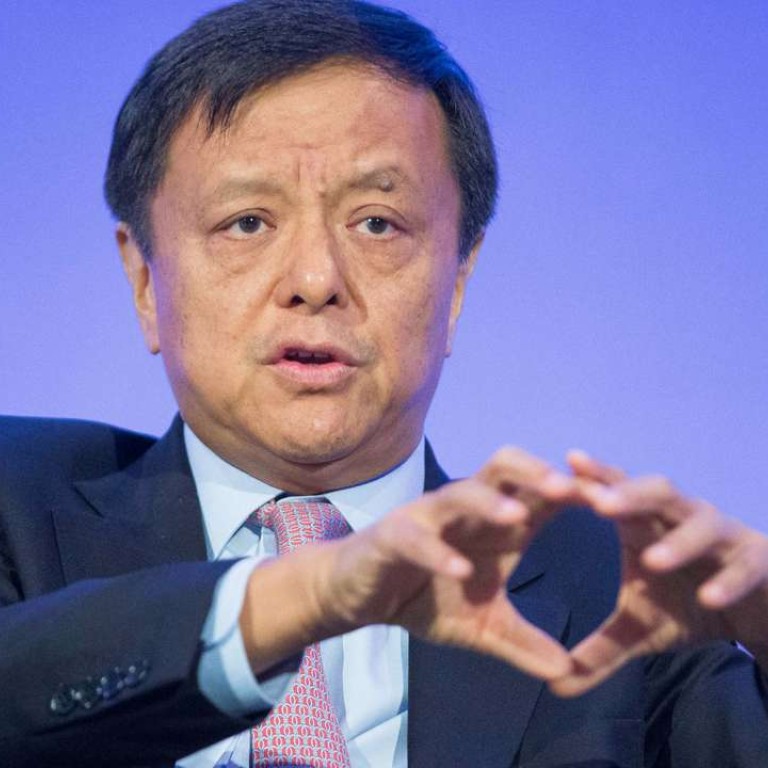
Hong Kong’s ‘primary connect’ proposal to attract international firms faces many hurdles
A proposal by Hong Kong Exchanges and Clearing to introduce a “primary connect” would upgrade Hong Kong stock listings and existing cross border trading schemes to a new level, but the suggestion faces many obstacles before it could be successfully implemented.
The new proposal announced by HKEX chief executive Charles Li Xiaojia on Thursday is part of the bourse’s wide ranging expansion plans in the coming years.
It involves getting Beijing’s approval to establish a new connect scheme whereby big overseas companies already listed in the US or other markets, such as Apple or Disney, would be invited to list in Hong Kong.
Since the companies would already be listed in other market the arrangement would not be an initial public offering, nor would it be secondary trading as they would be offering shares in the city. However, the advantage would be that mainland Chinese investors could subscribe to the share offer in Hong Kong via the stock connect platform.
This is a good concept as it means Hong Kong won’t have to rely only on mainland companies listing – the city can expand its bourse by attracting more western firms. More than half of all Hong Kong listed companies are from the mainland.

For the city’s stock connect scheme this would also be a breakthrough. The existing two legs of stock connect – Hong Kong and Shanghai and Hong Kong and Shenzhen – link the Hong Kong stock market with those in Shanghai and Shenzhen to enable investors to conduct cross border trading. International investors can trade stocks listed in Shanghai and Shenzhen via the Hong Kong exchange while mainlanders can trade Hong Kong stocks via the exchanges of Shanghai and Shenzhen. However, this is only secondary trading. The primary connect scheme would expand the concept to share offerings which would be different from the existing stock connect arrangement.
But achieving such goal may not be easy. It would first need to solve some major issues.
First, Beijing recently has faced the challenge of preventing more capital outflows after mainland residents have sought to buy property, stocks or insurance policies in Hong Kong and other overseas markets after the yuan fell 7 per cent against the greenback last year – the biggest annual decline since records began in 1994. So it may be a tough sell to convince Beijing to establish more connect scheme that will enable mainlanders to buy overseas stocks offerings.
Second, big companies already listed in other markets may not find an urgent need to list in Hong Kong to raise funds. They might prefer to do share placements in their home markets, so HKEX would need to do a lot of promotion to encourage these firms to come to the city.
There is also the regulation issue. If international firms are accused of any malpractice, should it be their home regulators or HKEX – or the securities regulators of Hong Kong or China – to investigate them? Hong Kong, China, the US and Europe have different laws and regulations, so which laws to follow in terms of investor protection?
These issues would all need to be sorted out before such a scheme could be introduced.

